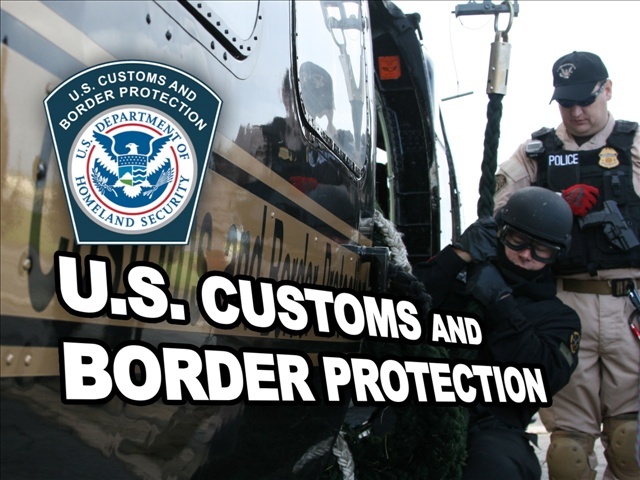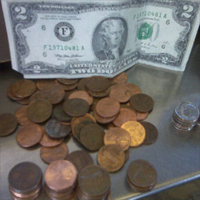
CBPGuy
7 Years Experience
SouthWest, US
Male, 25
I am a U. S. Customs and Border Protection Officer on the southwest border between Mexico and the United States. I know the ins and outs of the job as seen on TV/News and things intentionally hidden from the media! There's more to this job than "Anything to declare?" I dont know all but I'll do my best to answer any questions you have! All answers are my opinion, and my opinion only!
Yes, the unfortunate part of life is working 16 hour days for this job. Depending on your location, this could happen twice a week, once a month, or never, etc. If you are serious about this job, you have to accept the fact that you may be forced to work overtime. In my honest opinion, I dont think there is any officer in this agency who has not been forced overtime.
I have no experience with that, however I can imagine that it will be quite some time. Your best bet would be to contact that USCIS office to gather more information.
There is nothing against policy regarding dating a foreign national. There is, however, a policy that forbids you to associate with illegal aliens. A DREAMer is considered an illegal alien, by law.
There is also nothing against policy regarding "Sanctuary Cities", so I can confidently say that there are no issues with you living there. As long as you are honestly unaware of the immigration status of the people you deal with outside of work, nothing "bad" would happen to you. So, if you unknowingly go to a restaurant with illegal waiters and there happens to be a raid, theoretically, you should be in the clear because you did not know. However, if you were to hire illegal aliens to perform work for you at your home, then that would be a different story.
It is very true about the advancements after hitting GS-12. Within CBP, we have intelligence units, teams that work alongside JTTF, foreign liaison assignments, Field Trainer, and so much more.
You cannot "transfer" to FBI. You would have to apply like a normal citizen applying, you would just have a leg up with this law enforcement experience and current federal employment. I have seen several colleagues get hired for Secret Service, DEA, FBI, and HSI.
Dating Website Employee
 What are the most common mistakes guys make on out their profiles?
What are the most common mistakes guys make on out their profiles?
Call Center Employee (Retail)
 When do your policies allow you to hang up on a rude caller?
When do your policies allow you to hang up on a rude caller?
Toll Collector
 What happens when a car blows past a tollbooth without paying?
What happens when a car blows past a tollbooth without paying?
Depending on your crime, you could be placed under INA 240 Removal Proceedings and provided a Notice to Appear before an immigration judge to determine if you would lose your Legal Permanent Resident status. A CBP Officer is is not legally able to make that determination, only a judge can.
I am not entirely sure when it comes to what can and cannot be subpoena'd. What I've been told is that anything related to the systems we use and the intelligence that is gathered cannot be used in court for "national security purposes". But again, I'm not completely sure.
Every port has different duties. Our primary assignments are at the Ports of Entry conducting primary and secondary processing. However, there are many details that are outside of that. Traffic stops, drug/money runs, prisoner transport etc.The airport can get fairly boring. For the first several years of your career, you will be posted at "Primary" where you either grant admission to alien's (Entry for US Citizens) or refer suspect individuals for further scrutiny.
Once you have a few years on your belt, you can bid for a secondary position. This is where you will be determining with you will allow someone to enter the United States or return them back to their home country.
There are also other specialty teams where you patrol the airport in vehicles, perform hot stops, interview subjects etc. Those positions, however, are few far and between at airports.
-OR-
 Login with Facebook
Login with Facebook (max 20 characters - letters, numbers, and underscores only. Note that your username is private, and you have the option to choose an alias when asking questions or hosting a Q&A.)
(A valid e-mail address is required. Your e-mail will not be shared with anyone.)
(min 5 characters)
By checking this box, you acknowledge that you have read and agree to Jobstr.com’s Terms and Privacy Policy.
-OR-
 Register with Facebook
Register with Facebook(Don't worry: you'll be able to choose an alias when asking questions or hosting a Q&A.)